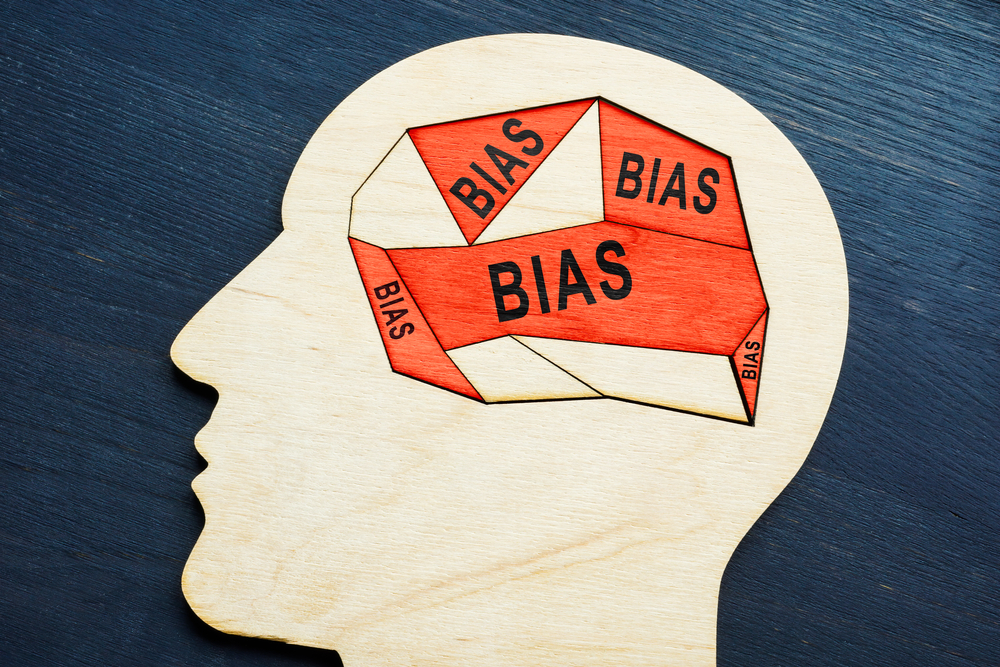I’ve written before about psychologist Daniel Kahneman’s conception of fast and slow thinking, and I’ve discussed ways to minimize the effects of our cognitive biases.
Today I want to talk about why we have these biases in the first place.
After all, biases can lead to expensive mistakes with our money and our investments – and trouble everywhere else in life.
So where do they come from?
Is there something wrong with us?
Not at all.
In fact, our biases are the result of an effective and healthy brain.
Earth to Humans!
Human beings are capable of conscious thought and future planning in a way that no other creature on Earth is. We also have what’s called a “theory of mind” – which allows us to imagine what another human or animal is experiencing.
Much of public discourse focuses on how bad human beings are. Why are we so violent, self-centered and ignorant? But a little understanding of how our minds work throws that question on its head.
What’s truly remarkable is how we can be so compassionate, caring and empathetic.
We spend a lot of time thinking about, worrying about, caring about and trying to understand others. We also spend a tremendous amount of time reflecting on our own experiences and feelings – trying to figure out what we can learn from them and how we can improve going forward.
All of this reflection takes a lot of energy.
Brainpower
Our brains use about 25% of our metabolic energy.
This energy load is sustainable only because so many of our other systems operate automatically. Processes like respiration, circulation and digestion work – for the most part – all by themselves. And our habitual movements – like walking and scratching our heads – work best when we don’t think too much about them.
(Try walking a few steps while consciously trying to monitor each tiny movement, and you’ll quickly find yourself stuck in place – or flat on the floor.)
All of these things require relatively little energy. What requires a lot of energy is conscious thought. In his research on ego depletion, professor Roy Baumeister found that when we are engaged in conscious decision making – the kind of slow thinking that Kahneman has written about – the metabolic energy in our brain gets drained.
And over time, as this energy continues to be drained, we get to a point where conscious decision making becomes markedly less effective.
In a sense, the brain is like a muscle.
The more we use a muscle, the more fatigued it gets. At some point, we have to rest.
At the same time, the more we exercise a muscle, the stronger that muscle becomes – and the more endurance we gain.
But no matter how good of shape our brain is in, it always uses a tremendous amount of metabolic energy.
This is why we have biases. They’re useful.
Biases save us from conscious thought, which, in turn, saves a tremendous amount of energy.
But they can sometimes cost us a fortune.
Bias in a Modern World
In the modern world, what’s a little more energy? We can easily cut out some unproductive activity to save a bit of energy, right?
But for our ancestors – who regularly had to deal with famine and had to search or hunt for food – a little energy could be the difference between life and death.
And this is why our biases are so strong.
Our automatic processes and automatic thinking are working hard to keep us alive. They’re useful shortcuts, and they work well most of the time.
The problem is that our modern world requires an amount of conscious thought that our ancestors could never have imagined.
Understanding our biases can help us adapt to our modern realities. I encourage you to learn about your biases, pay attention to them and master them as best you can.
But you need never be ashamed of them or wonder why they’re so common.
Our biases allow us to save metabolic energy and live well. They are, almost always, our allies.
But when they’re not, they can cause major problems. And that’s why it’s worth doing the work to master them.
P.S. Please visit my new blog!
